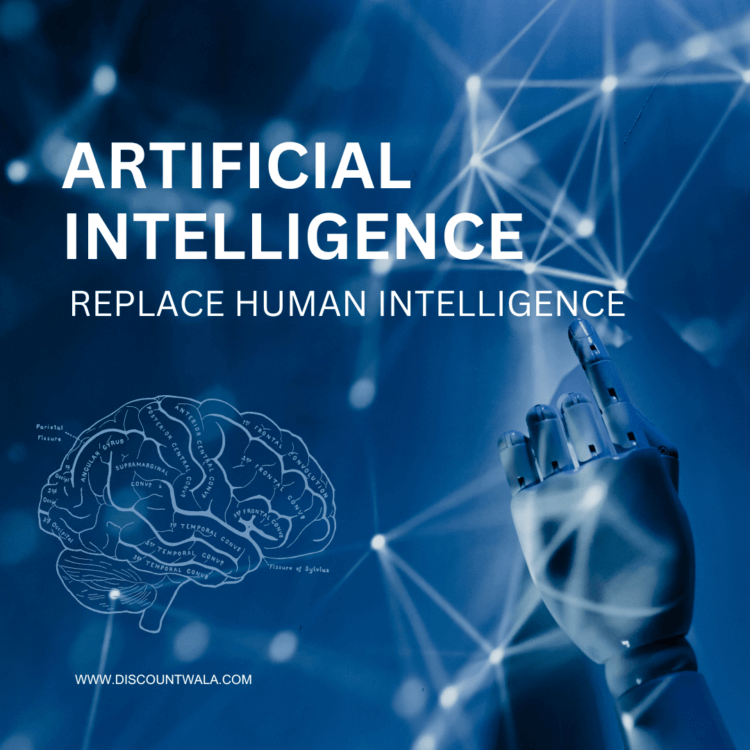Introduction:
In the age of rapid technological advancements, the field of artificial intelligence (AI) has seen incredible growth and breakthroughs. From self-driving cars to virtual assistants, AI is becoming more integrated into our daily lives. However, this progress has also sparked debates about the potential of AI replacing human intelligence. In this blog, we will explore the question: Can artificial intelligence truly replace human intelligence?
Understanding the Capabilities of AI:
Artificial intelligence has shown remarkable capabilities in performing specific tasks with exceptional precision and speed. Machine learning algorithms and neural networks have enabled AI systems to excel in image recognition, natural language processing, and data analysis. These advancements have raised concerns about job displacement and whether AI can eventually surpass human intelligence.
The Limitations of AI:
While AI has made significant strides, it is crucial to understand its limitations. AI systems are designed to excel within narrow domains and lack generalization abilities. They operate based on data and algorithms without real comprehension or consciousness. Human intelligence, on the other hand, possesses creativity, emotional intelligence, intuition, and adaptability, which remain elusive for AI.
AI as a Tool, Not a Replacement:
AI should be viewed as a tool that enhances human capabilities rather than a replacement for human intelligence. By automating repetitive tasks and analyzing vast amounts of data, AI can free up time for humans to focus on complex problem-solving, creativity, and innovation.
Ethical and Social Implications:
The widespread adoption of AI raises ethical and social concerns. Discussions about AI replacing human intelligence must also address questions about privacy, bias in AI algorithms, and the potential for AI to exacerbate existing social inequalities.
Collaborative Future: Human-AI Partnership
The most promising approach is the collaboration between humans and AI, creating a symbiotic relationship. Humans bring emotional intelligence, empathy, and values to decision-making processes, while AI offers data-driven insights and efficiency. This partnership can lead to groundbreaking discoveries and solutions that benefit society as a whole.
Expert Opinions: What Leading Minds Say
Prominent figures in the AI field, such as Elon Musk, Stephen Hawking, and Mark Zuckerberg, have shared differing views on AI’s potential. We delve into these perspectives to understand the complexity of the debate and provide a balanced viewpoint.
The Role of AI in Various Industries
Explore how AI is transforming industries like healthcare, finance, education, and more. By understanding the real-world applications of AI, we can better appreciate its role in augmenting human expertise and decision-making.
Conclusion:
While AI has shown impressive capabilities, the notion of it entirely replacing human intelligence remains far-fetched. The future lies in leveraging AI as a powerful tool, allowing us to address complex challenges and make better-informed decisions. The partnership between humans and AI offers the potential for unprecedented progress and advancements, ensuring a more prosperous and ethical future for humanity.










No Comments
Leave Comment